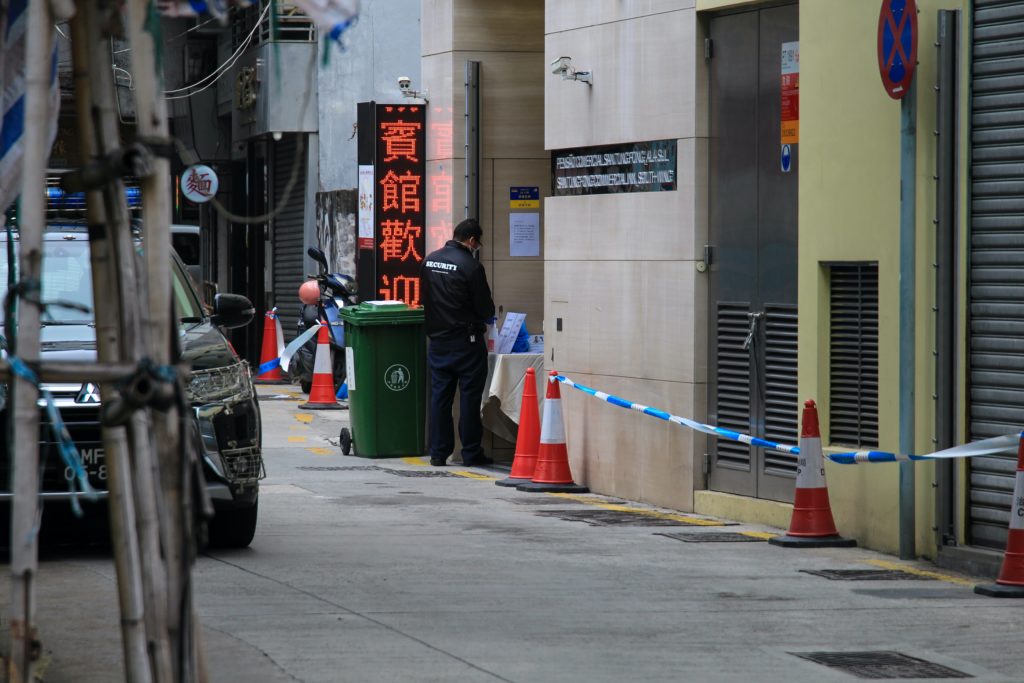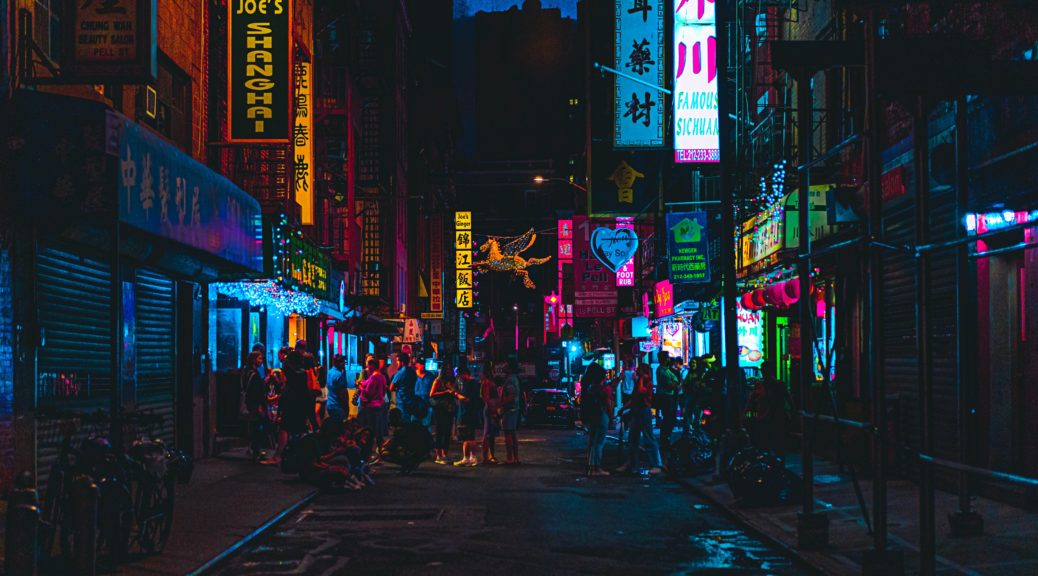By Tiffany Hsia
[4 minute read]
Editor’s Note
The Covid-19 crisis has brought forth a multitude of social and economic impacts which no one could have foreseen. One of these impacts has been an increased rate of violence towards the Asian-American community. In light of the recent Atlanta spa shootings, wherein six Asian women were shot by a white man, the violence resulting from anti-Asian hate speech has surfaced in a particularly harmful way. If you are interested in looking into more resources that can help educate you on this systemic issue, there are many readily available online. One that I found to be particularly helpful was this article from Learning for Justice entitled How to Respond to Coronavirus Racism. This is a helpful guide for any non-native English speaker who is unsure of how to effectively speak up in a potentially racist or xenophobic situation. Below, ALI Conversation Partner Tiffany Hsia has written on her experience with anti-Asian sentiments and what we can all do to combat this problem.
-Natalie Grace Sipula, Editor
Growing up as a first-generation Asian American in the Bay Area of California was not easy. My parents immigrated from Taiwan in the 90s, and English is not their first language. I saw how they had to struggle with the language barrier when I was young, and when I first started to attend elementary school, I was made fun of for pronouncing certain words differently. I had learned my pronunciation from my parents who had an accent on certain words, so I didn’t understand what was different when I was younger. As I grew older, I started to notice more and more differences. A particularly notable difference I saw as a child was that no one I saw on TV was Asian-American. While it may seem small, millions of people look up to celebrities as role models, and to see so few Asian Americans represented in Hollywood was disheartening. Asians are considered to be a minority in the United States; however, they are seen as “white adjacent”. Asian Americans are perceived as successful, and people do not see them as oppressed compared to other minorities such as African Americans or Hispanics. However, Asian Americans are still at a disadvantage in many areas and underrepresentation in media is just one example of that.

Similarly, during this pandemic, there has been a recent increase in violence towards Asian Americans. Many think this is a direct result of former President Trump making statements about the Asian community, such as calling coronavirus the “ China virus”. This only provoked more harassment towards Asian Americans resulting in widespread outrage. In Chinatown in Oakland, California, a 91-year-old man was pushed facedown into a cement sidewalk during an unprovoked attack. As a result, many elderly Asian Americans living in the Bay Area are afraid to leave their houses. These attacks have recently gathered media attention, as more people in the US are becoming aware of the systemic racism and social inequality occurring in light of the pandemic.
As someone who is Asian American, I am appalled at the state of our country. The United States is known to be a safe haven to many people and is one of the most diverse countries in the world. Violence against others should never be tolerated. While change is difficult, more people need to be aware that the US is built on systemic racism. Although it may be difficult to change the foundations that built the US, I believe that with education and awareness, small changes can be made to eventually overcome the disadvantages minorities face.

While I am thankful to have grown up in the United States, I am glad to see that change is happening and that Asian Americans are receiving attention, whether positive or negative. I am hopeful that one day we will be united and that violence towards one other will be mitigated. This process starts with educating the future and listening to others’ stories.
For more resources, see the BIPOC mental health services guide from USC Student Health, or even request a counselor with a shared background or identity as you. Additionally, this Thursday, March 25th, various USC organizations have come together to offer a discussion on The Rise of Anti-Asian Violence and How to Support APIDA Communities.
Featured Image by Photo by Alexis Antoine on Unsplash
Tiffany is a junior studying Health and Human Sciences with a minor in Economics on the pre-physical therapy track. She is originally from San Jose, California, but has lived overseas in Shanghai and Taiwan. Additionally, she speaks Mandarin and conversational Spanish. She is a member of Science Outreach and a research assistant at the USC Brain and Creativity Institute. Tiffany loves traveling, going to the movies, trying new foods, and spending time with friends.

